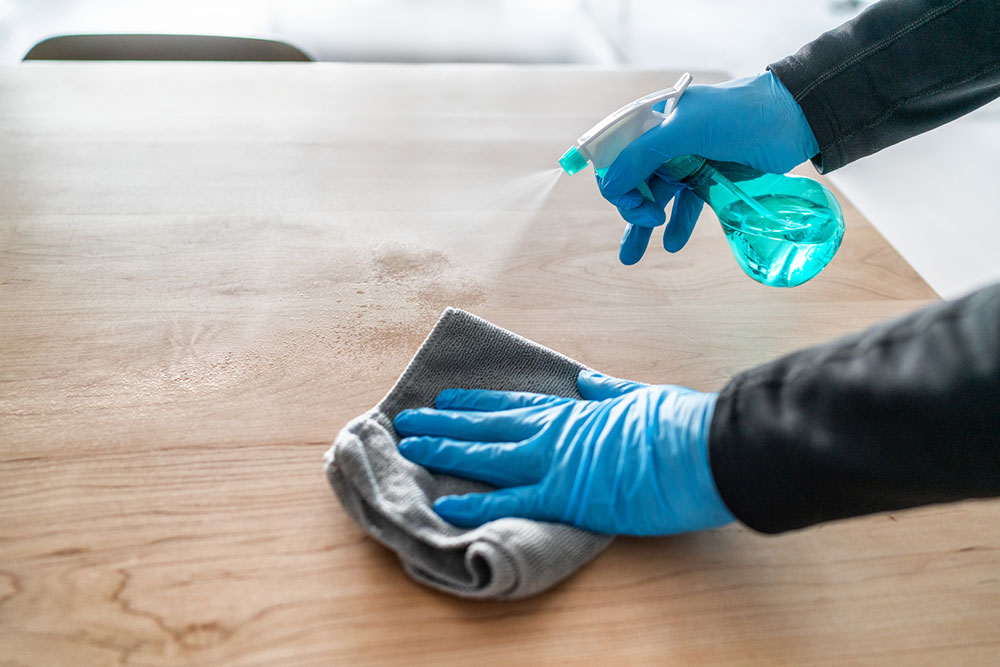8 things to avoid while considering surface cleaners

Surface cleaners play a pivotal role in helping one maintain a clean and hygienic living environment. They help get rid of dirt, germs, and stains, leaving the home’s surfaces sparkling and safe. But, choosing the right product is not always a straightforward process. Individuals must note several factors when considering surface cleaners to ensure effectiveness and safety. Here are some of these critical aspects to help consumers make informed choices.
8 things to avoid while considering surface cleaners
Harsh chemicals
Avoid cleaners that contain harsh chemicals in their ingredients list, especially for everyday use. These include chemicals like bleach, ammonia, sodium hydroxide, emulsifiers like MEA, DEA, and TEA, SLS and SLES, sodium dichloroisocyanurate dihydrate, and petroleum solvents.
These chemicals can harm one’s health, irritate the skin and eyes, and emit harmful fumes. One can either go for eco-friendly alternatives in the market, like white vinegar or essential oils, or make natural cleaners at home.
Unlabeled surface cleaners
Choose products with clear, complete ingredient lists or labels. Avoid products that don’t disclose their ingredients, as it may be difficult to assess their safety and effectiveness.
Lack of safety information
Check for safety information on the label, such as whether the product is safe for use around pets or children. Avoid products that lack this important information.
Environmentally toxic products
Consider products that are environmentally friendly and biodegradable whenever possible. Avoid cleaners that contain pollutants or non-biodegradable ingredients that can harm ecosystems. One can also look for products that carry certifications for environmental and safety standards. This can provide assurance of a product’s quality and safety.
Excessive fragrance
Some surface cleaners contain strong fragrances that can trigger allergies or sensitivities. Look for products labeled as fragrance-free or with mild scents if one is sensitive to fragrances.
Ignoring special needs
If one has specific cleaning needs, such as allergies or asthma, one should consider cleaners designed for those conditions. It’s important to avoid cleaners that may exacerbate one’s health issues.
Old or expired products
Check the expiration date on the product. Using expired cleaners may reduce their effectiveness or even make them harmful.
Not researching alternatives
Consider alternative cleaning methods, such as homemade cleaners using natural ingredients like vinegar and baking soda. Baking soda can be used for scrubbing, while vinegar solution can be helpful to remove grease. This can be a more environmentally friendly and cost-effective option for certain cleaning tasks.